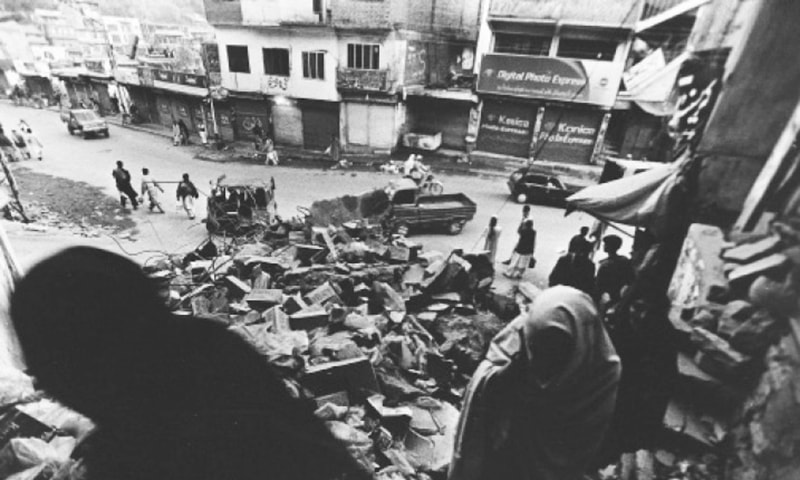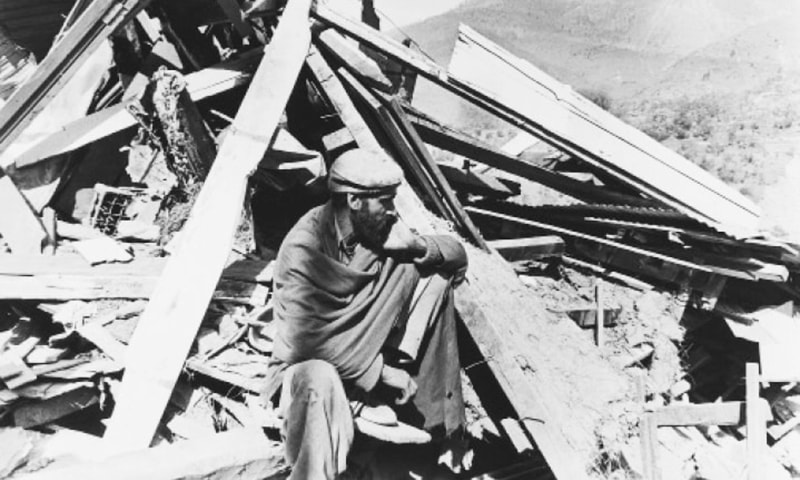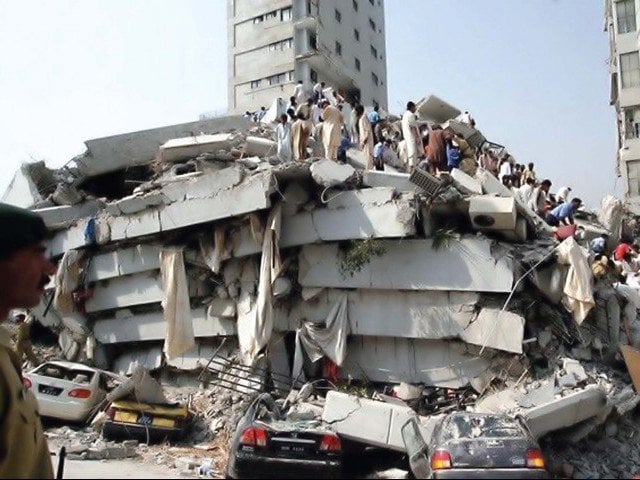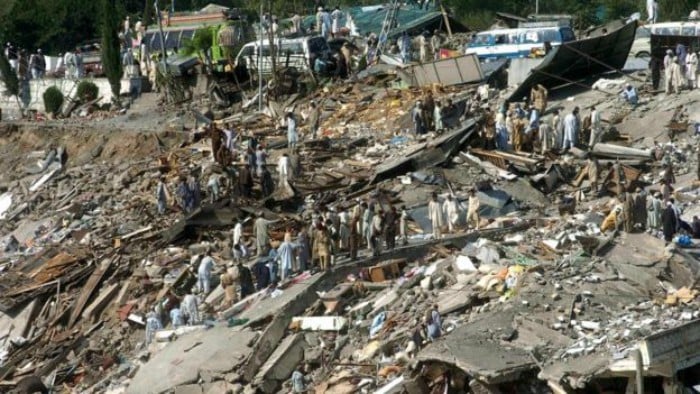- Alkhidmat Foundation Pakistan
- September 25, 2025
- Updated about
A Day That Shook a Nation
On the morning of 8th October 2005, life changed forever for millions of people in northern Pakistan and Azad Kashmir. At 8:50 a.m., a 7.6 magnitude earthquake struck with terrifying force. Within minutes, thousands of homes, schools, and hospitals collapsed. Families were buried under rubble, children lost their classrooms, and entire towns like Balakot and Bagh were wiped out.
The human loss was heartbreaking:
-
More than 74,000 people died.
-
Around 138,000 were injured.
-
Nearly 3 million people were left without homes.
Landslides blocked roads, villages were cut off, and freezing weather made survival even harder. It became one of the deadliest disasters in Pakistan’s history.


Why Was the Destruction So Severe?
The earthquake’s epicenter was near Muzaffarabad in Azad Jammu & Kashmir, about 15 km deep in the earth. The tremors lasted less than a minute, but poor building structures and the mountainous terrain turned it into a catastrophe.
-
Schools and hospitals that were not quake-resistant collapsed immediately.
-
Rescue teams struggled to reach survivors as landslides buried roads.
-
Many people remained trapped for days without help, food, or medical care.


The World Responds
The scale of the disaster drew global attention. Pakistan declared an emergency, and help poured in from across the world. International agencies sent helicopters, medical teams, and relief goods. Donors funded the rebuilding of schools, hospitals, and bridges. But in those first few days, when every minute meant saving lives, it was local volunteers, civil society, and community groups who were the first to act.
Alkhidmat Foundation’s Response
Among those on the ground was Alkhidmat Foundation Pakistan. With its network of volunteers, Alkhidmat quickly mobilized to provide:
-
Emergency relief and food packs for stranded families.
-
Temporary shelters and tents for displaced communities.
-
Medical support through mobile health units.
-
Volunteers who helped in search, rescue, and burial efforts.
For Alkhidmat, the 2005 earthquake was a turning point. It showed how vital it is to be prepared before disaster strikes, and it laid the foundation for the structured disaster management system the organization runs today.
Lessons Learned
The tragedy taught Pakistan painful but important lessons:
-
Strong buildings save lives – earthquake-resistant schools and hospitals are no longer optional.
-
Preparedness matters – volunteer training, stockpiled relief, and local hubs can cut response times.
-
Community spirit is powerful – ordinary people, alongside groups like Alkhidmat, were the lifeline for thousands.
Every year, October 8th reminds us of both loss and resilience. It brings back the national tragedy of the 2005 earthquake, reminding us of the children who never came home from school, and the scars left on millions of lives.
Bio. Press Release
show more
It is a long established fact that a reader will be distracted by the readable content of a page when looking at its layout.
It is a long established fact that a reader will be distracted by the readable content of a page when looking at its layout.